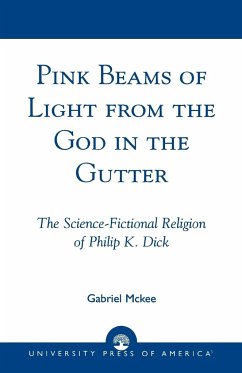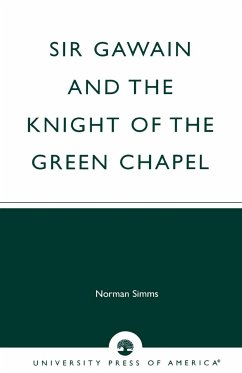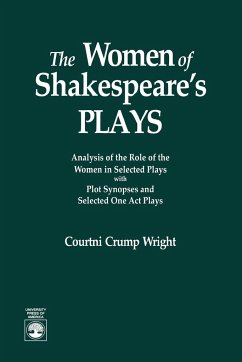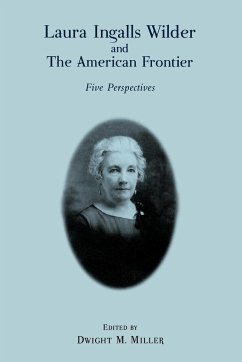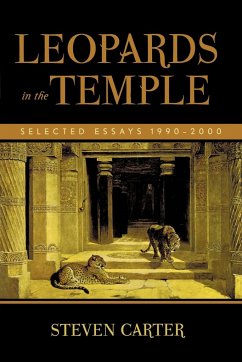Nicht lieferbar
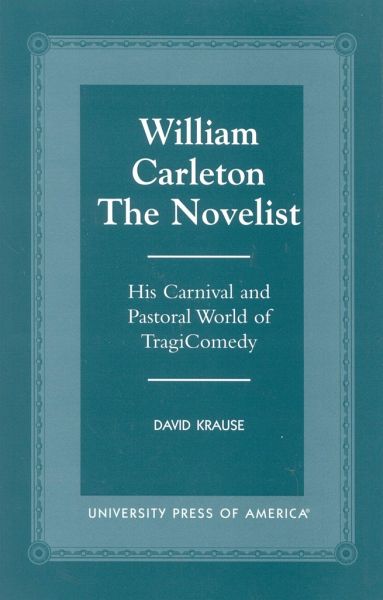
William Carleton the Novelist
His Carnival and Pastoral World of Tragicomedy
Versandkostenfrei!
Nicht lieferbar
William Carleton, Ireland's great but overlooked nineteenth-century writer, has for the past 150 years been denigrated as a failed novelist, but is here redeemed by David Krause's in-depth study of all his significant novels. Carleton employed techniques similar to the multi-voiced carnival (where oral folk tradition combines sacred with profane and the great with the insignificant) and mock-heroic version of pastoral (where comic characters make profound remarks and whose actions have unanticipated great effects). Through his novels, Carleton illuminated the exploitation of Irish lands by ind...
William Carleton, Ireland's great but overlooked nineteenth-century writer, has for the past 150 years been denigrated as a failed novelist, but is here redeemed by David Krause's in-depth study of all his significant novels. Carleton employed techniques similar to the multi-voiced carnival (where oral folk tradition combines sacred with profane and the great with the insignificant) and mock-heroic version of pastoral (where comic characters make profound remarks and whose actions have unanticipated great effects). Through his novels, Carleton illuminated the exploitation of Irish lands by indifferent British authorities and rackrenting Anglo-Irish landlords and subsequent famine and holocaust. Krause's recognition of this ignored author of Irish fiction is a valuable addition to the field of Anglo-Irish literary studies.







